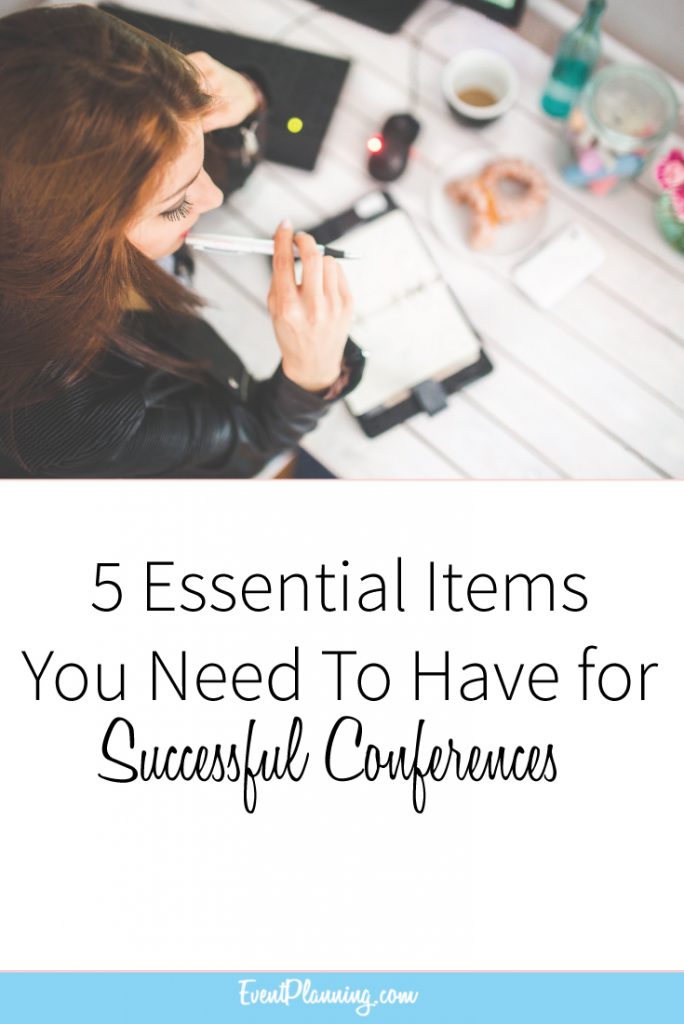Corporate conferences and events are rapidly gaining popularity and are becoming mainstream in the professional world.
In a study by the Labor Board of Statistics, it was discovered that the presence of conventions and events will show a forty-four percent increase between the years 2010 and 2020. This far exceeds the estimated growth in other industries.

To ensure the conference you are planning will be successful, you should implement the following ideas into your plan:
- CLEAR GOALS AND VISION
An article by Purdue University, suggests asking yourself:
WHO?
- Determine your audience, projected number of attendees and speakers
WHAT?
- Determine the purpose of the conference and the expenses that will be incurred
WHEN?
- Determine the time frame to hold the conference and when planning should begin
WHERE?
- Determine the location for the event based upon capacity and budget
Define the exact purpose for your event by also answering these questions:
- Are you using the conference to educate employees or clients?
- Are you using the conference to show appreciation for current clients?
- Are you trying to gain new clients by hosting the event?
- Are you introducing and promoting a new product or service?
- Are you looking to create an environment suitable for networking?
- BUDGET
An article on a popular career website recommends brainstorming the requirements of the conference and getting estimates for each service you will be paying for. It is also important to reserve extra funds in case any unplanned expenses arise.
Be sure to include the following items in your budget:
- Venue
- Catering and Bar Service
- Speakers and Educators
- Advertising and Promotional Items
- Handouts and Materials
- Entertainment
- Rentals (tables, chairs, linens, etc)
- Gifts for Guests
- QUALITY VENDORS
Take time to research vendors who will be hired for the event.
Collect references from people you know and interview each one to ensure they will provide the best service possible.
Obtain written estimates to keep on file for future reference.
Alexandra Levit from lifehack.org states that your local Convention and Visitors Bureau can assist you in finding the particular vendor you are in need of.
- TIMELINE
The event will run smooth if there is a timeline in place.
A copy of this timeline should be given to all participants in the conference so everyone is in sync with the flow of the event.
Below are items to include on your timeline. You may add to this list if needed, just be sure to include all elements that will be taking place and designate an exact time for each.
- Registration
- Speakers and Presentations
- Training Sessions or Workshops
- Cocktail Hour / Appetizers
- Dinner
- Entertainment
- FOLLOW-UP
After the conference is over, touch base with your guests.
Email guests photos that were taken at the event to highlight the key moments. Be sure to include any group photos that were taken, workshops and even a few pictures of the attendees letting loose on the dance floor.
By reminding guests about the fun time they had, it will keep them talking and sharing the details of the conference with others.
CONCLUSION
Planning a successful conference doesn’t have to be difficult. Allow enough time to plan the event so you can pace yourself and not become overwhelmed. Be sure to establish and define all goals before creating your budget, so you don’t overspend.
Staying on point with the budget and timeline, hiring quality vendors and providing great food, training and entertainment will make your conference a memorable event.
Be sure to read 7 Elements of a Great Corporate Party for more tips on planning professional events.
Image: Flickr

Trackbacks/Pingbacks